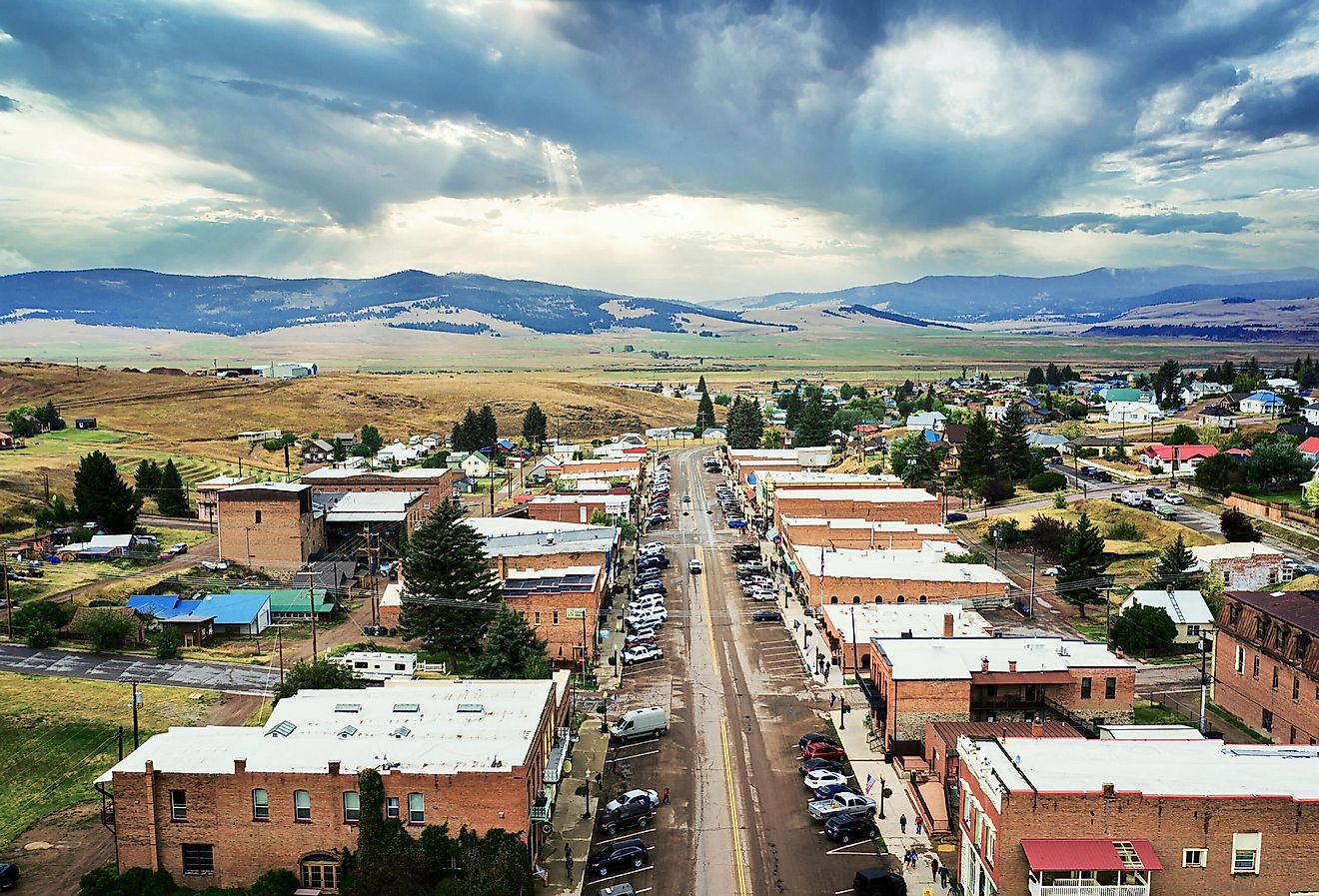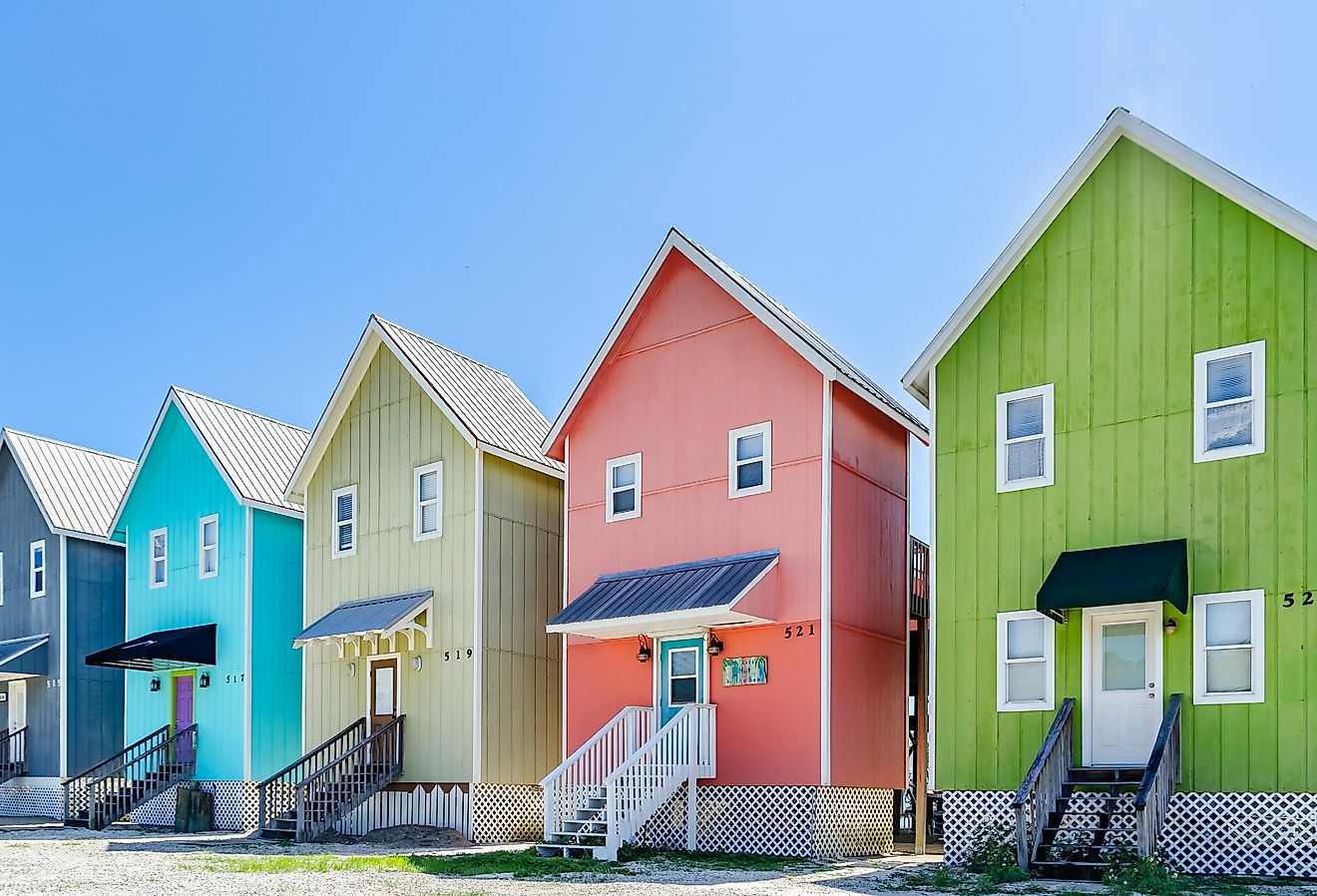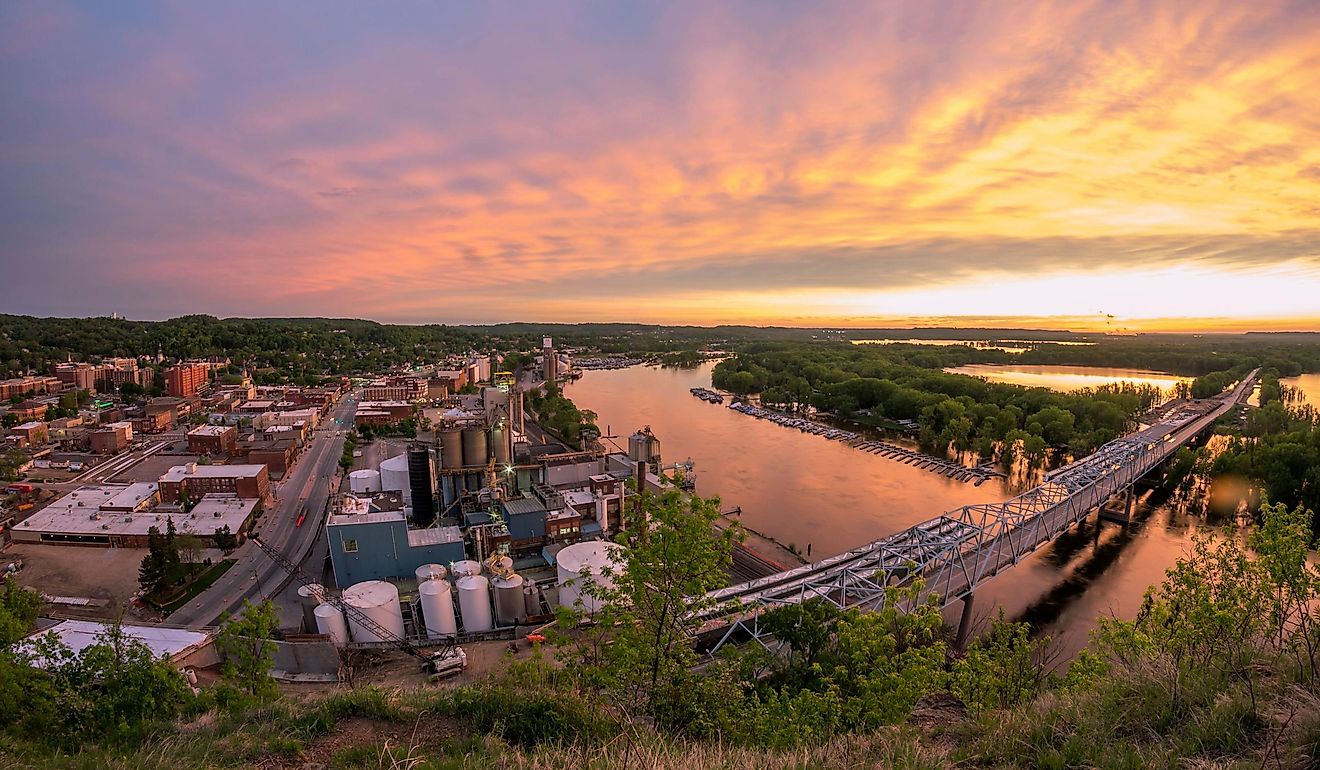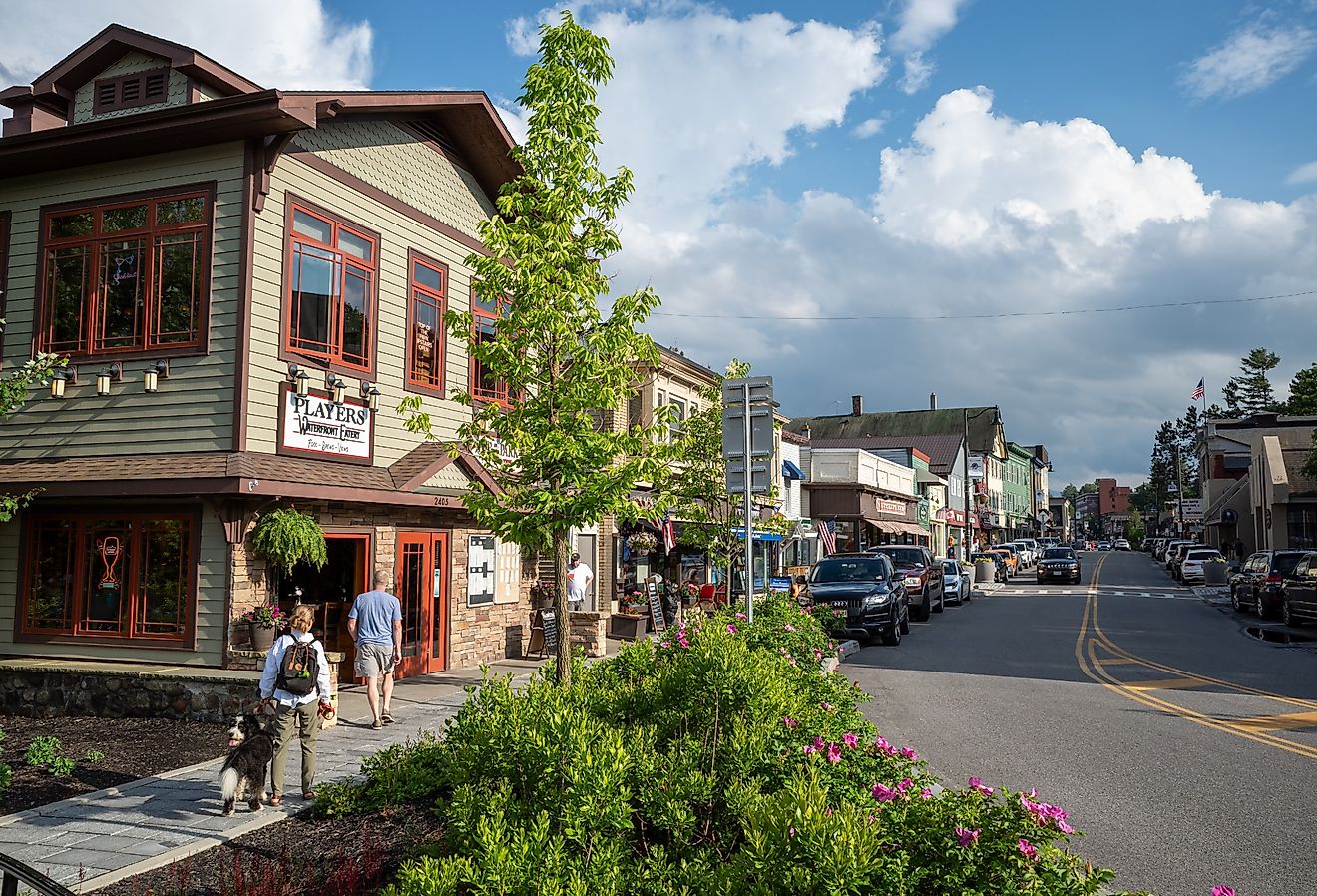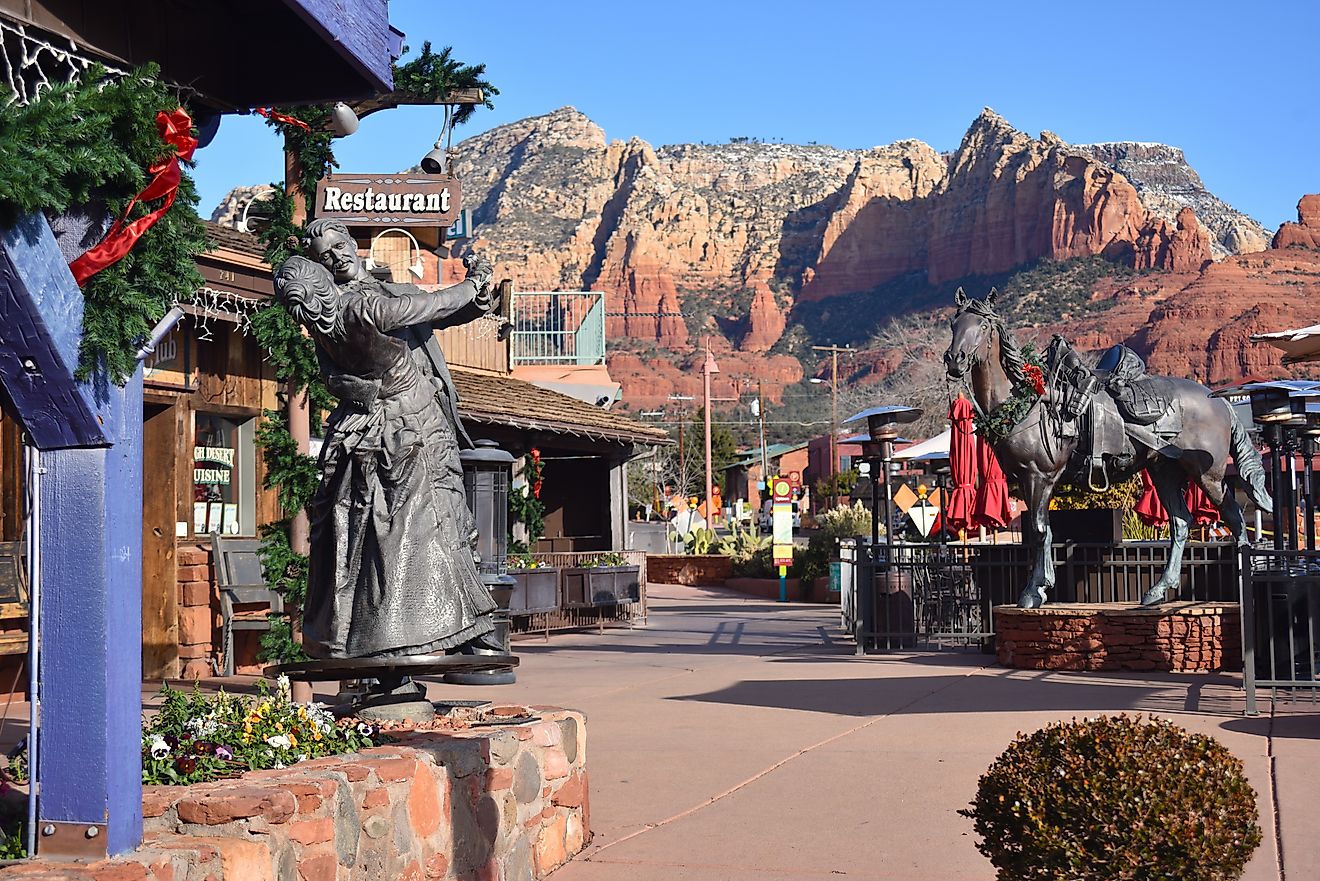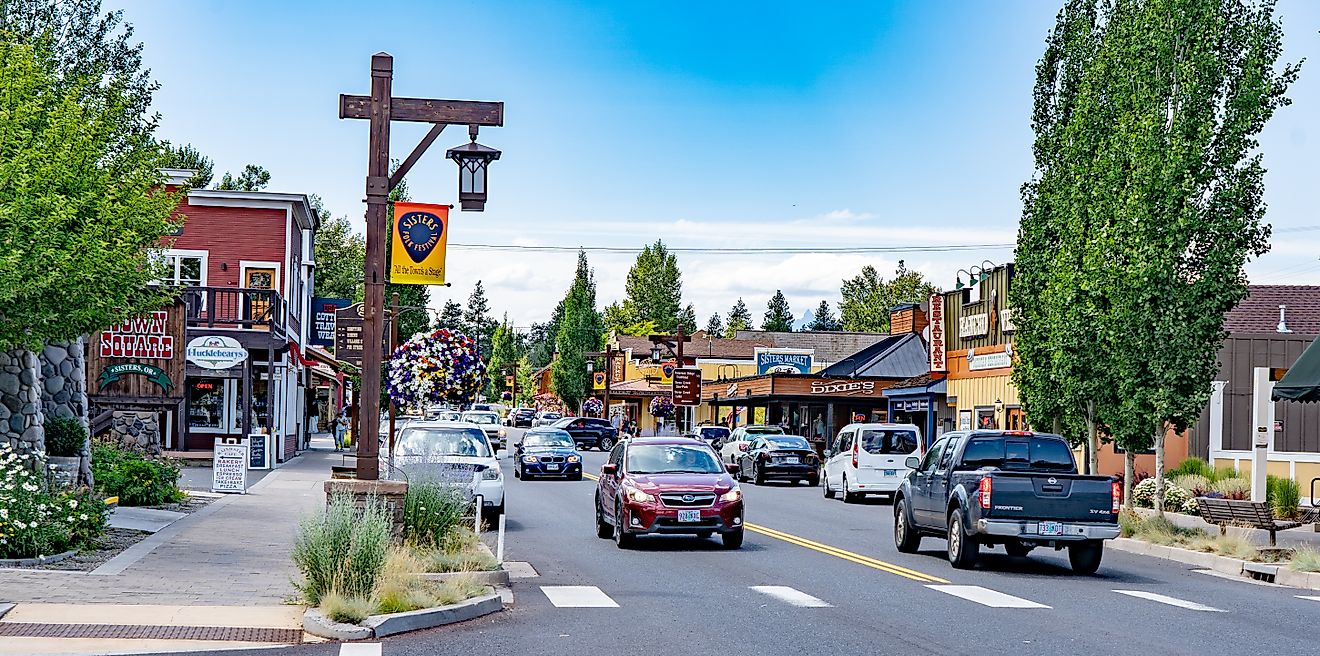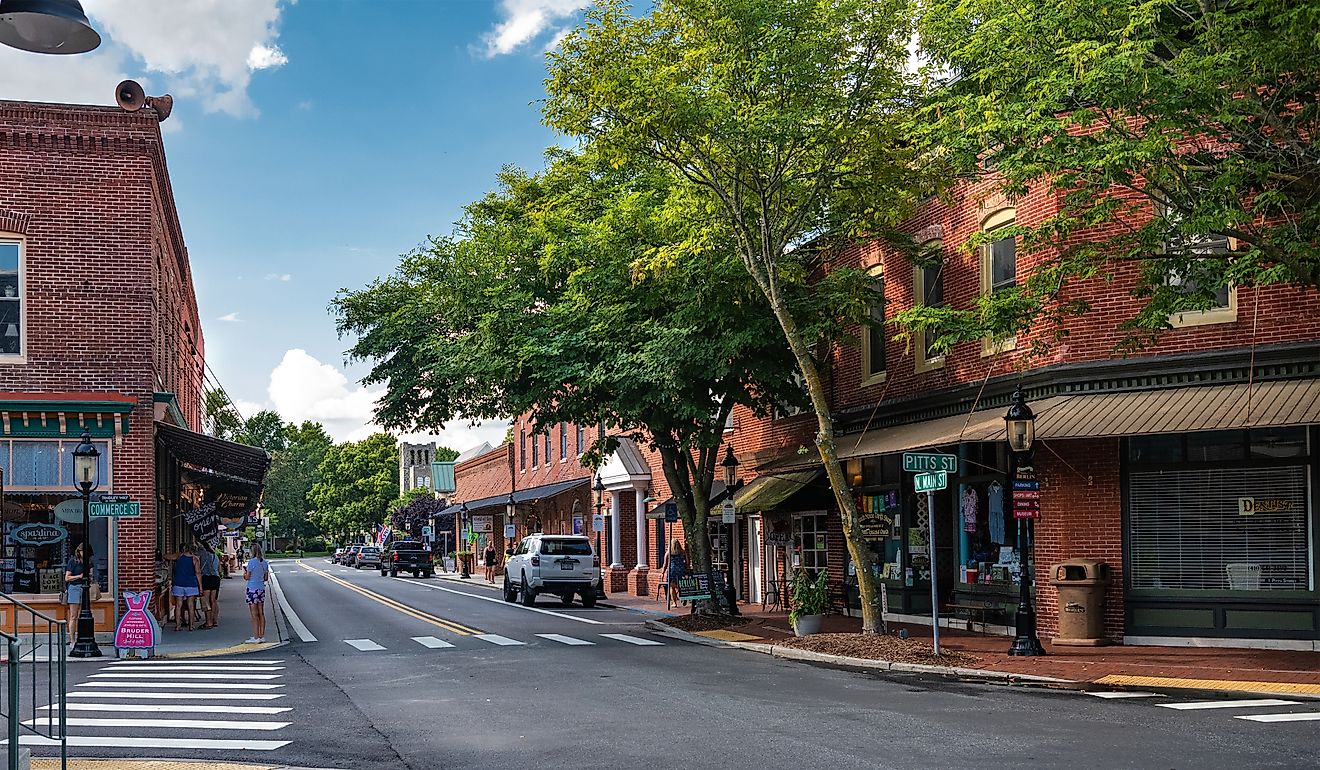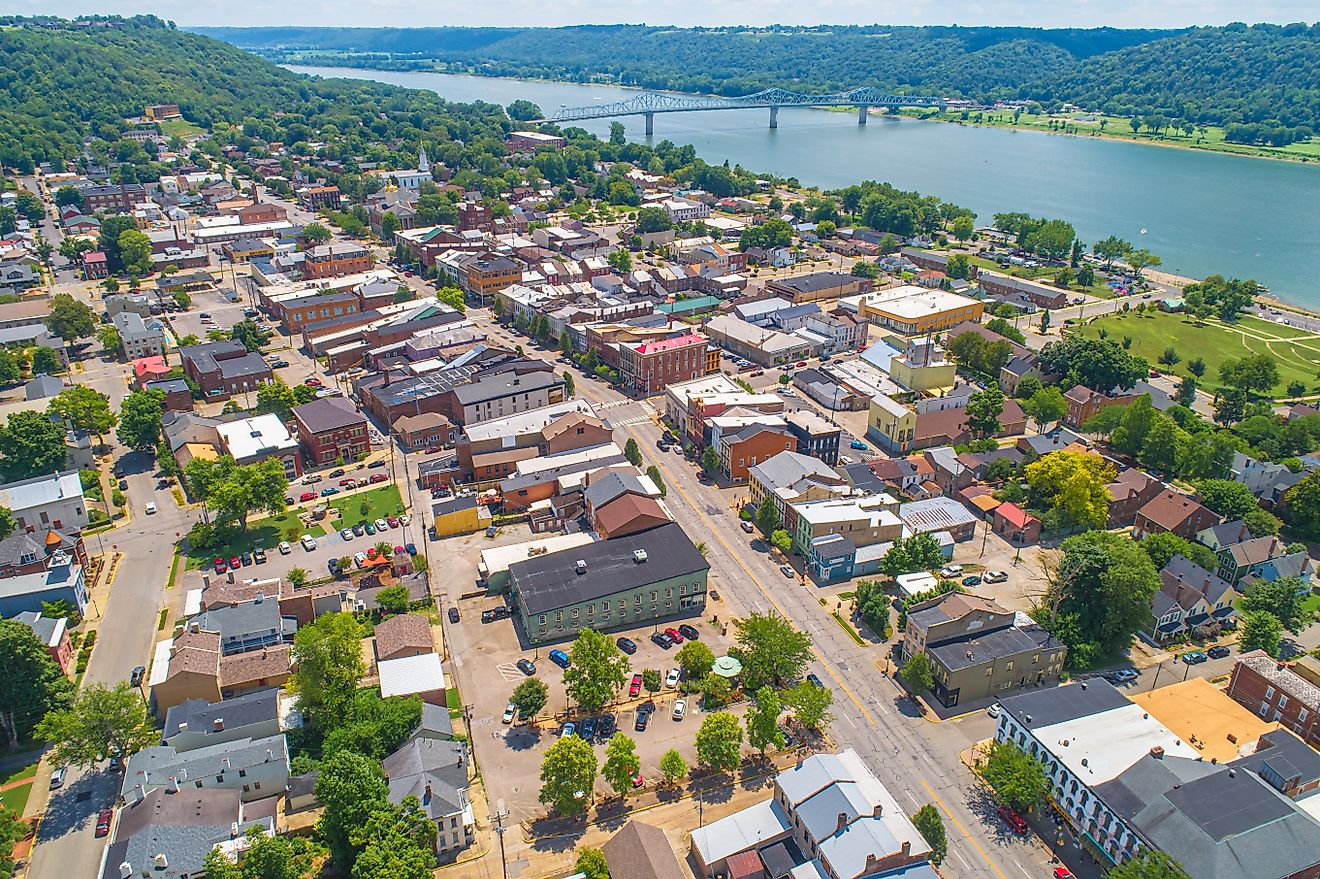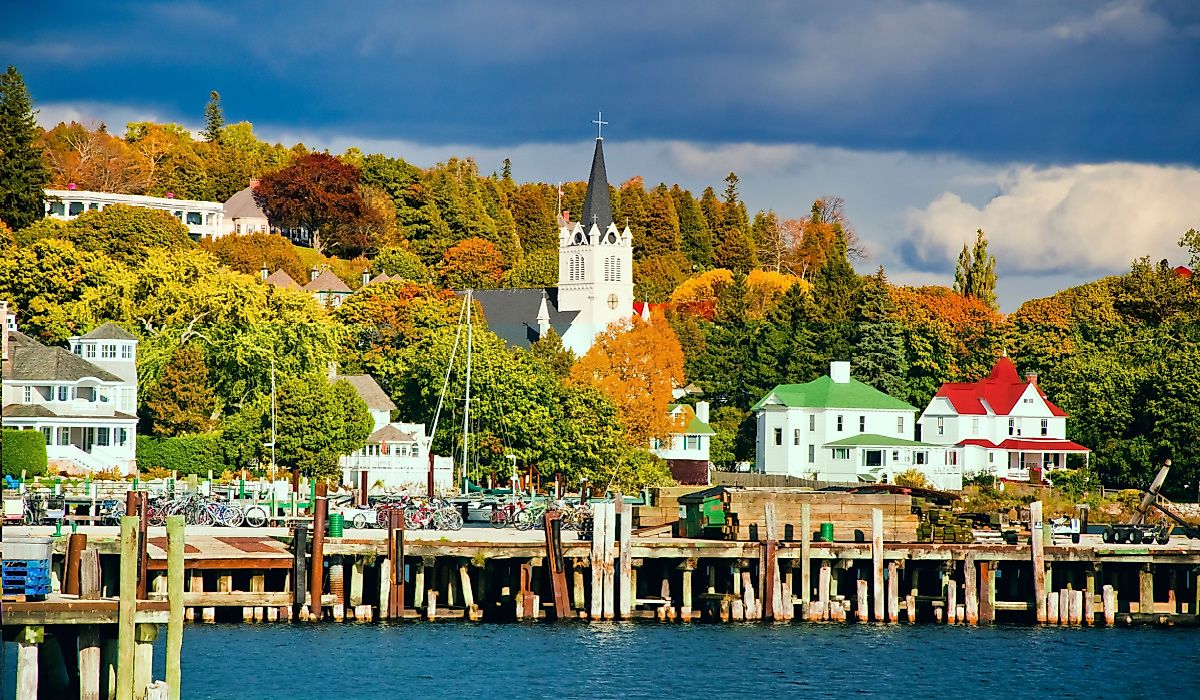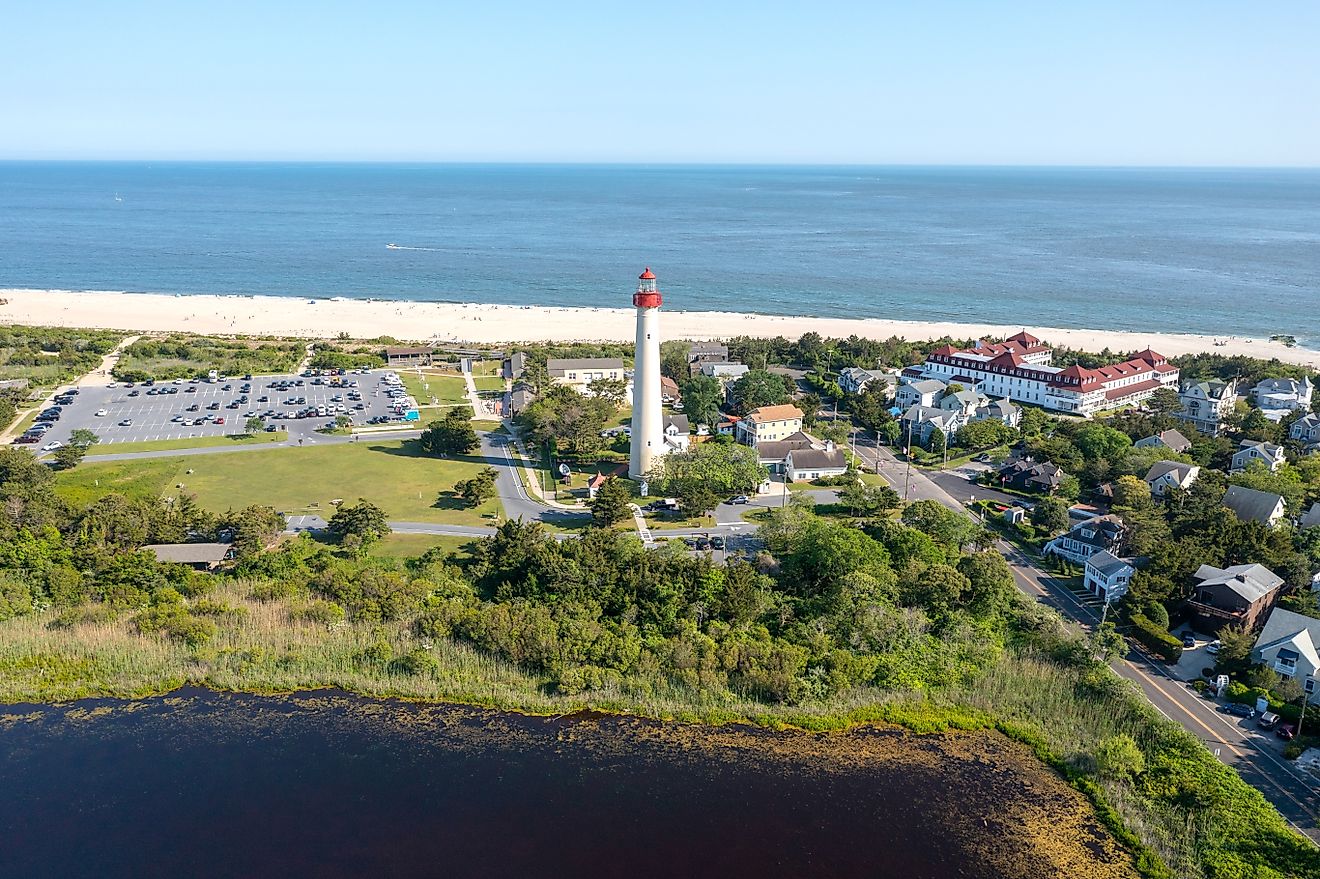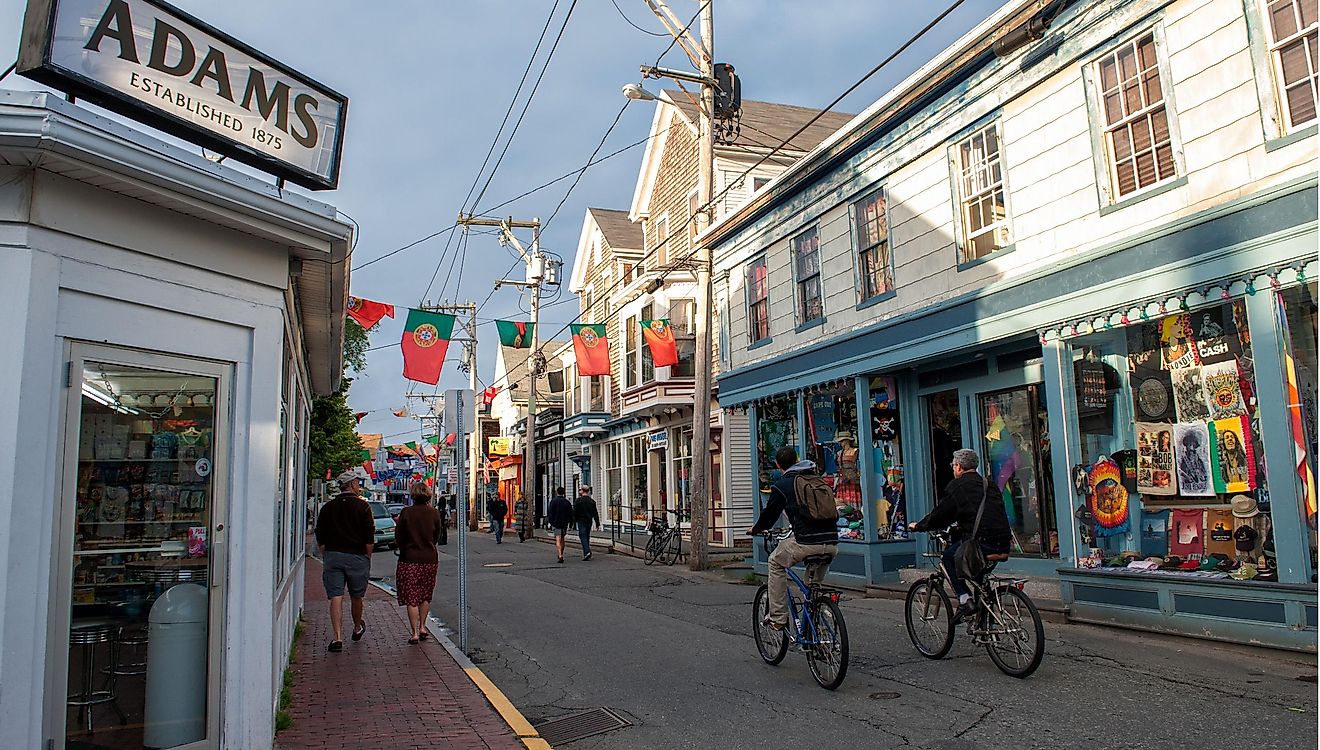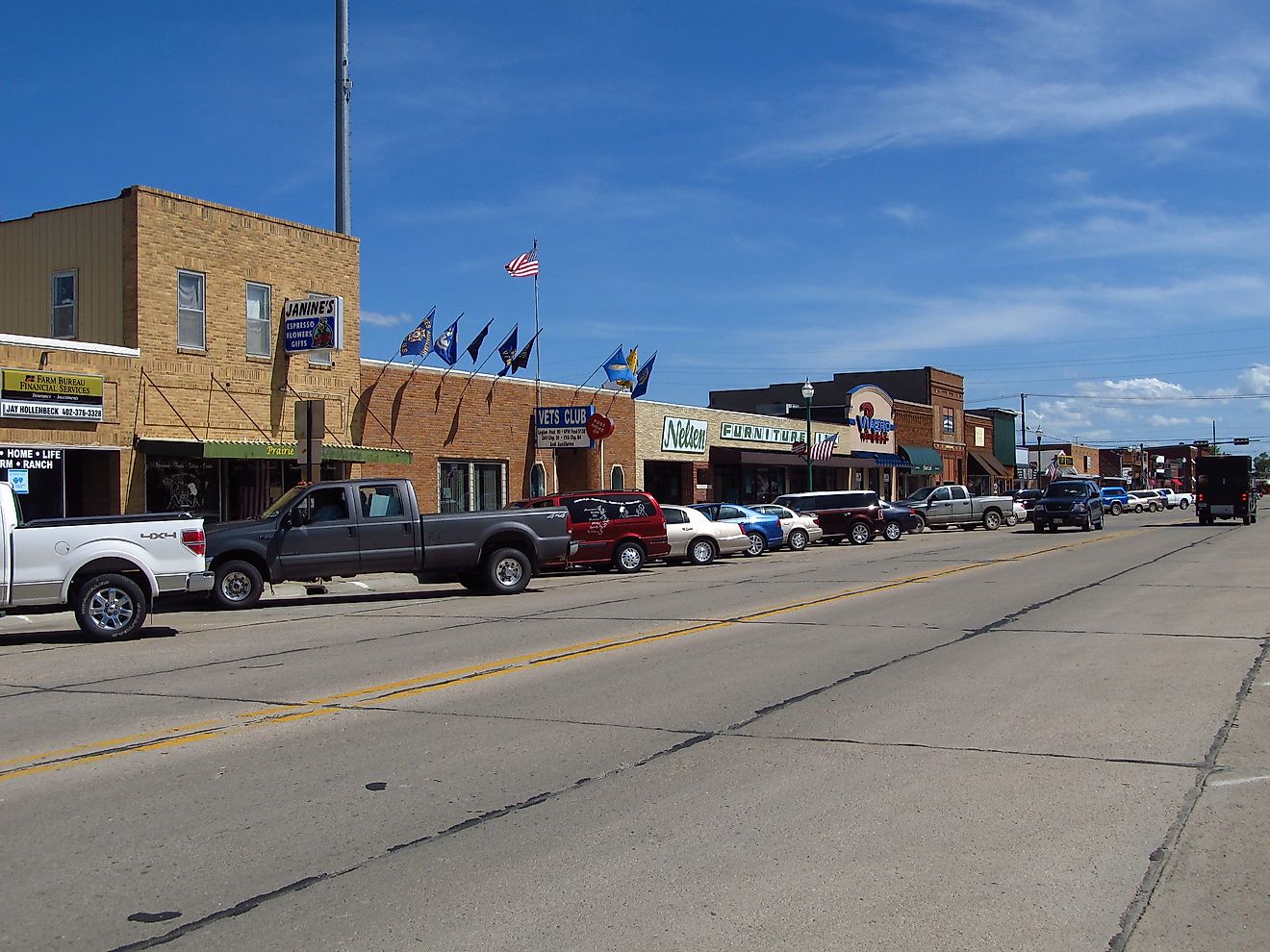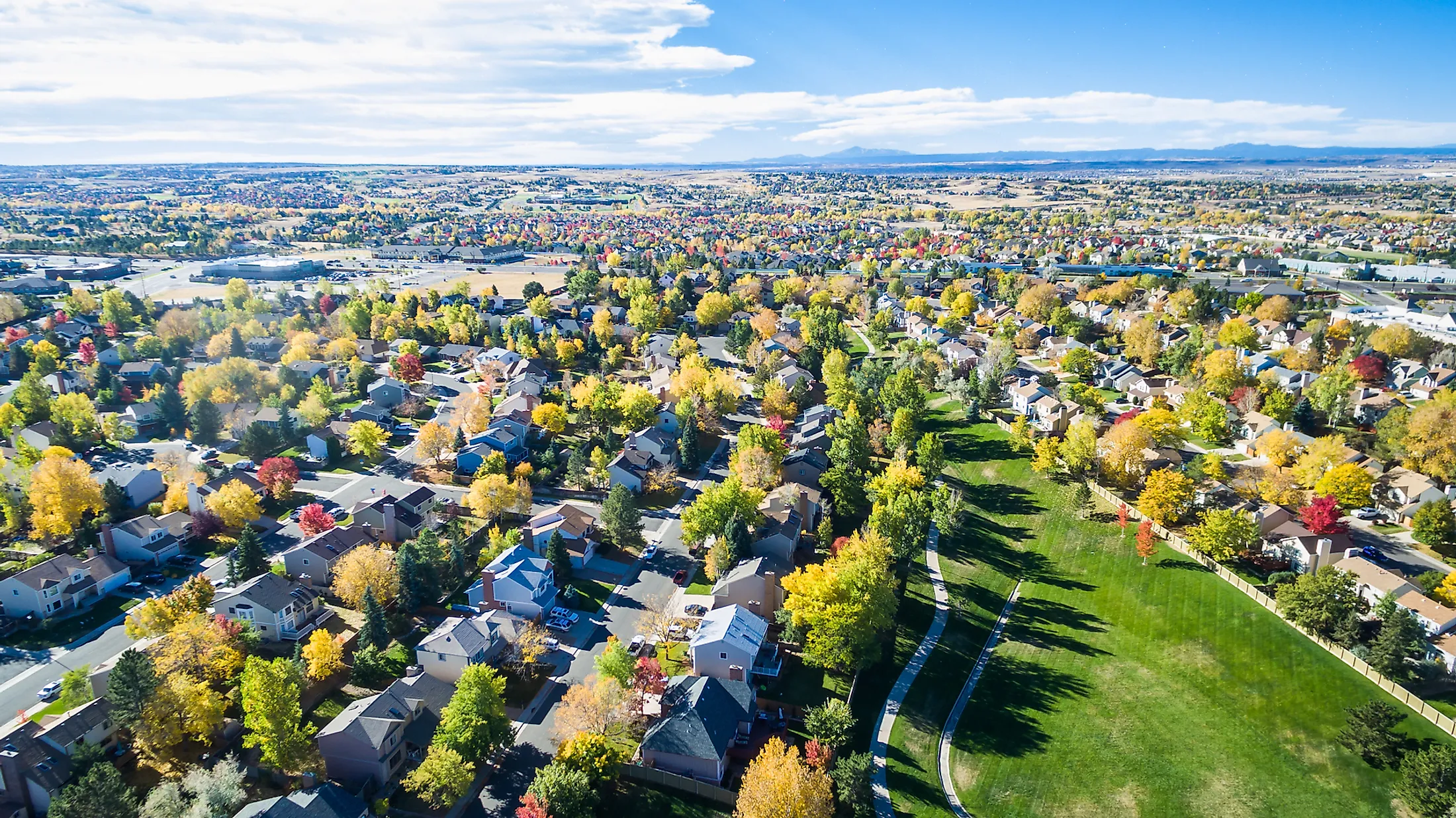
Aurora, Colorado
Aurora is the third-largest city in the state of Colorado, United States, a significant suburb of Denver, and a general gateway to the Rocky Mountains. It, therefore, offers a gorgeous environment that can be freely explored on foot, by car, or even casually perused by paddling around the pristine reservoirs. Aurora has a strong military history, which can still be felt in the culture and economics of the city.
Geography Of Aurora
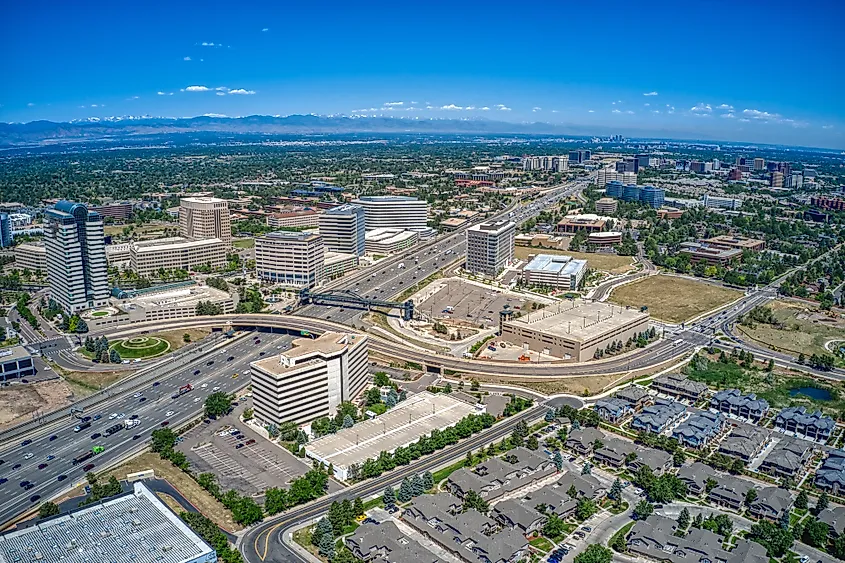
Aurora is situated just 9-miles East of Denver, Colorado. This places it in the North-Central part of the state and also in the Central portion of the United States. Aurora's footprint overlaps with three different counties: Arapahoe, Adams, and Douglas. Just West of Aurora/Denver loom the legendary Rocky Mountains. Aurora is already well into the foothills of these giants, sitting at an altitude of 5,404 feet. Other nearby cities within Colorado include Boulder, which is 35-miles Northwest of Aurora, Colorado Springs, which lies about 68-miles due-South on Interstate-25, and Fort Collins, which sits about 70-miles North on I-25.
Climate Of Aurora
Given its high altitude and proximity to the mountains, Aurora experiences an arid climate. Though it can be quite cool in the mornings and evenings, and the winters hit with full force, Aurora also experiences over 300 days of sunshine, elevating the daytime highs, particularly in the summer. The average annual temperature is 51-degrees Fahrenheit. This ranges from a low of 19-degrees in December/January to a high of 89-degrees in July. The average relative humidity is 52%, which peaks in the winter months when roughly 62-inches of snow falls. This is well above the national average of 28-inches. Aurora also receives 17-inches of rain throughout the fair-weather seasons, which is below the national average of 38-inches.
Brief History Of Aurora
In the late 1800s, several suburbs began sprouting up on the outskirts of Denver. Aurora was one of them, although, at the time (1891), it was originally incorporated as the town of Fletcher (named after one of the Canadian-born developers, Donald Fletcher). Initially, Fletcher was just four square miles in area and home to a mere 39 citizens.
The brief early period of prosperity was shuttered when a drought disrupted the town's water system, and an economic drought, known as the Silver Panic, destroyed Fletcher's mining scene, saw banks in the area close, and property values plummet. Through the depression, the small town persisted. In 1907, Fletcher was renamed Aurora. Then, in 1928, when the population exceeded 2,000 people, Aurora was recognized as a city.
Aurora's next economic boost came in the form of military developments. In 1918, the Fitzsimons Army Medical Center opened (it closed in 1999). The Lowry Air Force Base operated from 1938 until 1994. And finally, the Buckley Air National Guard Base, which because of its stand-out exterior, is known locally as "the golf balls," still currently operates. Because of these major developments, as well as the strong population of acting service men/women and veterans, the military is an important part of Aurora's community.
Tragically, Aurora made the news on July 20th, 2012, when a lone gunman attacked a crowded movie theater, killing 12 people and injuring 70 others. James Holmes was quickly apprehended and is currently serving 12 consecutive life sentences.
Demographics of Aurora
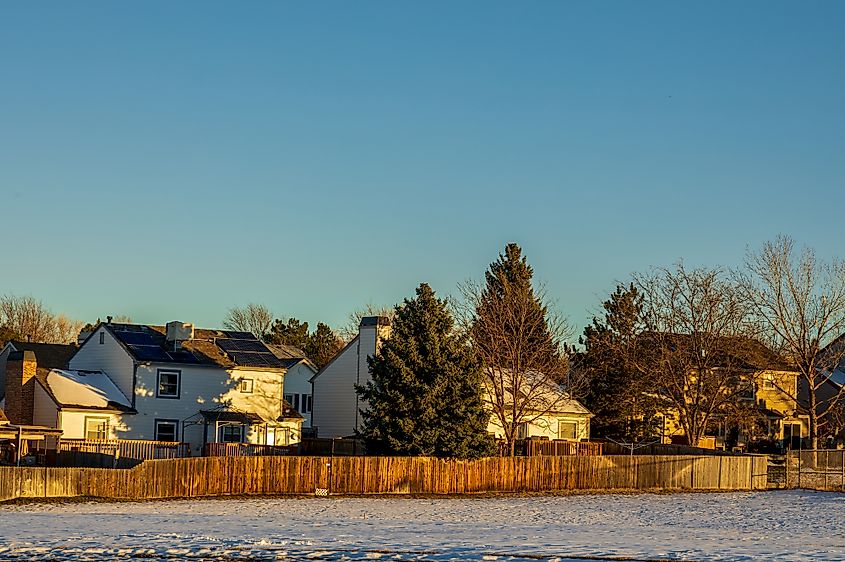
According to the United States Census Bureau's April 2020 survey, the population of Aurora was 386,261. This is up from the 2010 figure of 325,078. Over the last 50 years, Aurora's population has increased by over 300,000 residents. This now makes Aurora the third-largest city in the state of Colorado.
Of the recent population census, 50.3% were female, 49.7% male. The age breakdown was as follows: 6.8% were under 5 years of age, 24.9% were under 18, and 11.9% were over 65. In terms of racial/ethnic diversity, 44.2% were White, 28.3% Hispanic or Latino, 16.7% Black or African American, 6.8% Asian, 0.9% American Indian or Alaska Native, 0.3% Native Hawaiian or Other Pacific Islander, and 7.5% were identified as belonging to two or more races. A total of 20.6% of residents at this time were born outside of the United States. Aurora was also home to 23,527 veterans.
Economy Of Aurora
The data from the same April 2020 census showed a median household income of $67,723 (in 2020 USD). The per capita income was $31,993. 70.7% of the population of the age of 16 were in the civilian labor force (65% of women), and 10.5% were living in poverty. Employment has been growing steadily since the year 2000. Currently, the three largest areas of employment are the fields of educational services/health care/social assistance; professional services and scientific services; and retail trade. The median value of an owner-occupied housing unit was $322,200. The median gross rent was $1,401.
Attractions In And Around Aurora
Because of Aurora's proximity to the Rocky Mountains, it is naturally a great place for outdoor recreation. The soaring peaks and their corresponding national parks/wilderness preserves are a short drive away, but there are also plenty of local activities to keep nature lovers engaged. Aurora has plenty of parks, in-town trails, thousands of acres of open space, inviting reservoirs, including the stunning Cherry Creek State Park, numerous outdoor art displays, and finally, a solid offering of golf courses in the heart of the city, as well as just on the outskirts.
Those connected to the military culture or who want to learn more or honor those who have fought for their country should visit the Colorado Freedom Memorial. The exquisite glass panel building enshrines the names of over 6000 men and women who died in the line of duty since Colorado became a state.
Just outside of Denver, Colorado, Aurora has made quite its own impression. Much of the beautiful scenery and thin yet fresh mountain air overlap with the state's capital. Aurora has enticed hundreds of thousands of people to establish a home in this pleasant and promising city in recent decades.
